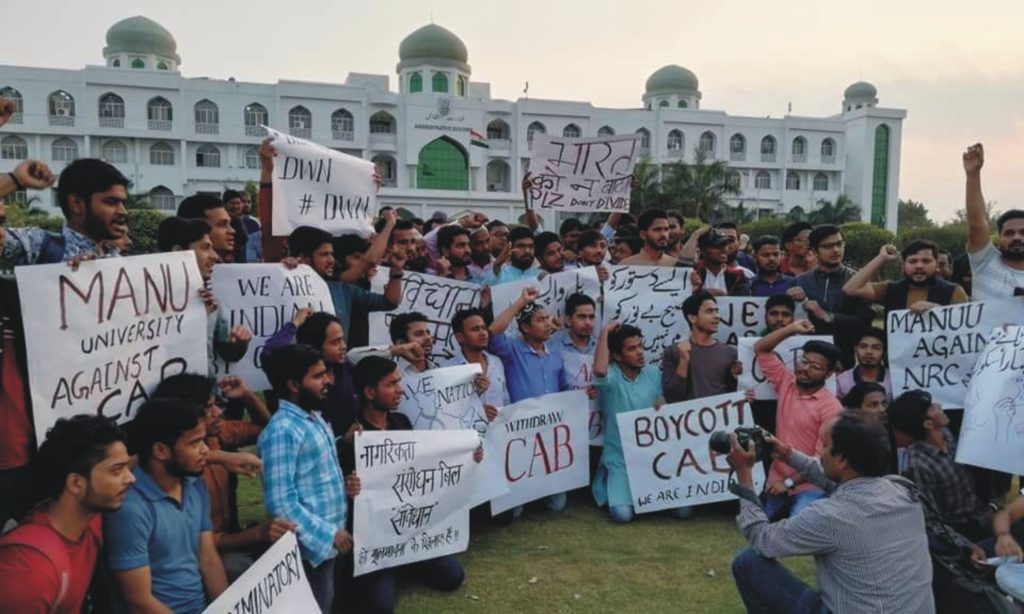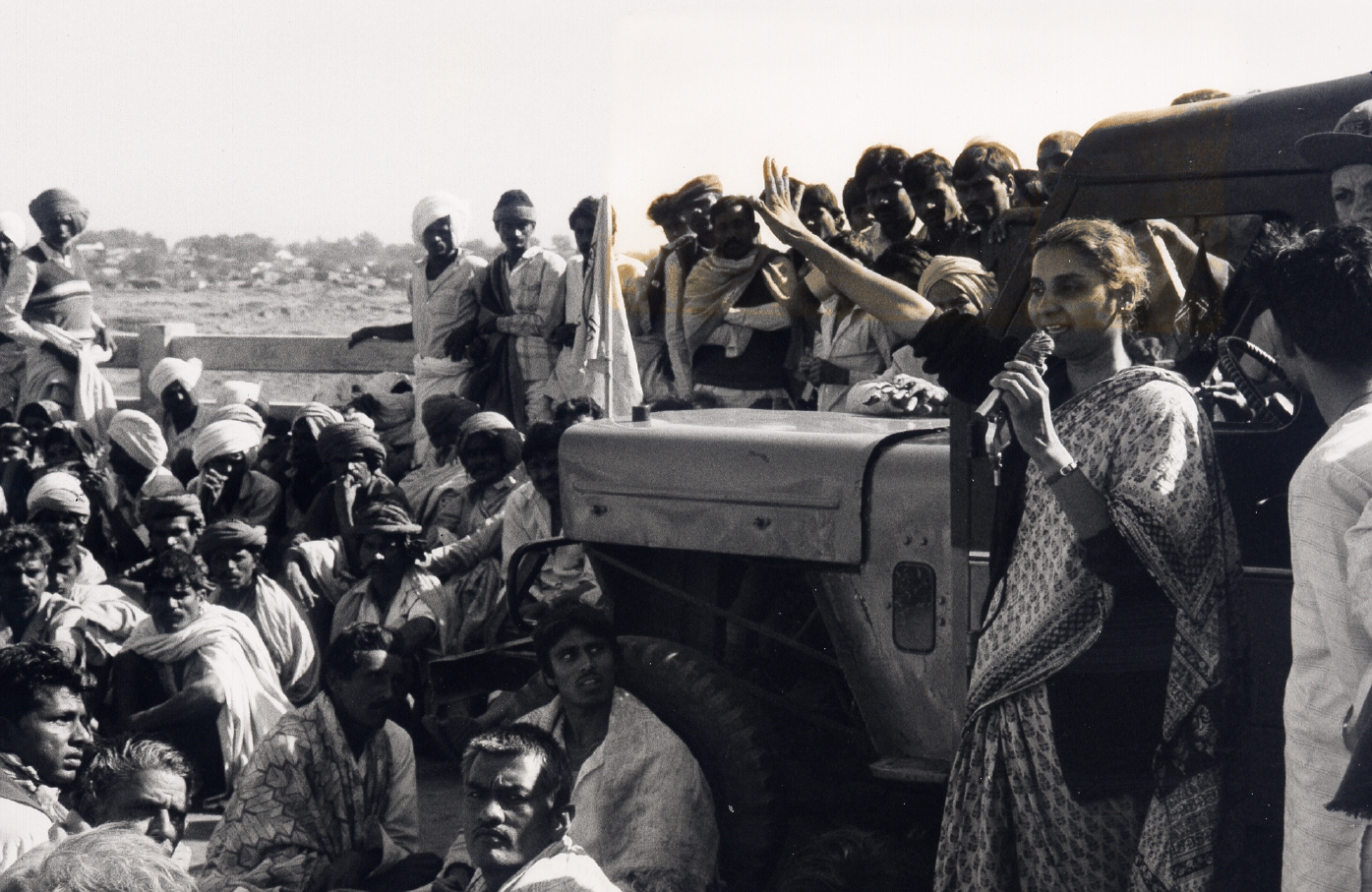Today as we commemorate the 96th birth anniversary of legendary and iconic Assamese singer and composer Bhupen Hazarika, let us learn more about his life and remarkable contributions to the world of art and culture. Perhaps one of the most striking and remarkable things about this legendary man was that he saw his music as not only a cultural form for recreation or entertainment but firmly believed that his music could become the language of protest and resistance. He asserted that music had the dual power to touch one’s soul while paving way for inner transformation and social reform.
He visualised himself as a wanderer and often said in Assamese, “Moi Eti Jajabor”, taking the message of peace from one community to another more than anything else and rightly so, because most of his songs are indeed pleas for global peace and harmony. A running theme across most of his music is that of universal brotherhood, a fight against all forms of cruelty and war and the need for love and unity. An immensely talented and uniquely gifted man, Bhupen Hazarika was a complete musician because he could compose songs, sing them and accompany his melodious voice with musical instruments that he mastered playing. In many ways, Bhupen Hazarika’s music touches us because he was both the singer as well as the song, the musician as well as the music.
Bhupen Hazraika spent a considerable amount of his time in Mumbai where he was associated with the Indian People’s Theatre Movement (IPTA). It was here that his associations deepened with other musicians, composers, theatre artists such as Salil Chowdhury, Balraj Sahni and the influence of the Marxist intellectuals also had a significant role to play in shaping Hazarika’s world vision as a musician and artist who wanted to use his music as the language of resistance and peace building in a conflicted world.
It was during his days at IPTA that Bhupen Hazarika’s dear friend and legendary musician Hemant Kumar helped him meet the who’s who of the music industry and build significant contacts. While in Mumbai, Bhupen Hazarika was also tempted to make a film as a director so he made a film called ‘Tunes from the deserted path’ and it was for this film that he requested Lala Mangeshkar to sing a song. Even during her final days, this song continued to be one of her personal favourites among the huge plethora of songs that she had sang all through her life. It was during this time itself that Bhupen Hazarika also made some great friendships in the music fraternity. Songs like Dil hoom hoom kare in Rudali sung by Lata Mangeshkar but written by Bhupen Hazarika continue to be considered classic pieces even till date.Even Usha Mangeshkar sang many songs in the Assamese language for Bhupen Hazrika.
Meanwhile the bond of friendship began deepening between Bhupen Hazarika and Hemant Kumar. Hemant Kumar not only helped his friend from time to time by offering him his music studio for practices and recordings but also introduced him to stalwarts both in the Hindi as well as Bangla music industry. It was Hemant Kumar who offered him the popular Bengali song ‘Sagor sangame’ featuring the most famous actor in those days Uttam Kumar as the protagonist.
Its difficult to estimate how popular and loved Bhupen Hazarika is among his fans even today especially in Assam. His music was inspired by musicians like Paul Robson who also used his music as a tool of social change. Bhupen Hazarika, like Paul Robson, always asserted that the only language he knew was music.
Bhupen Hazarika was honoured with many awards and recognitions like In 2012, posthumously, he was awarded the Padma Vibhushan and in 2019, he was awarded the Bharat Ratna among many other significant national and international recognitions.
We lost Bhupen Hazarika in 2013. It was in 2015 that his partner Kalpana Lajmi publicly announced that a biographical film would soon be directed on him but it is quite disheartening to see that the film has not been made so far.
We hope to see not only one but several films, books, documentaries and musicians being inspired by Bhupen Hazarika’s spirit and dedication to the world of music and universal brotherhood. Long live his music, his dream! And may his spirit of being a ‘jajabor’ (wanderer) convince us all to lead our lives with creativity, empathy.













